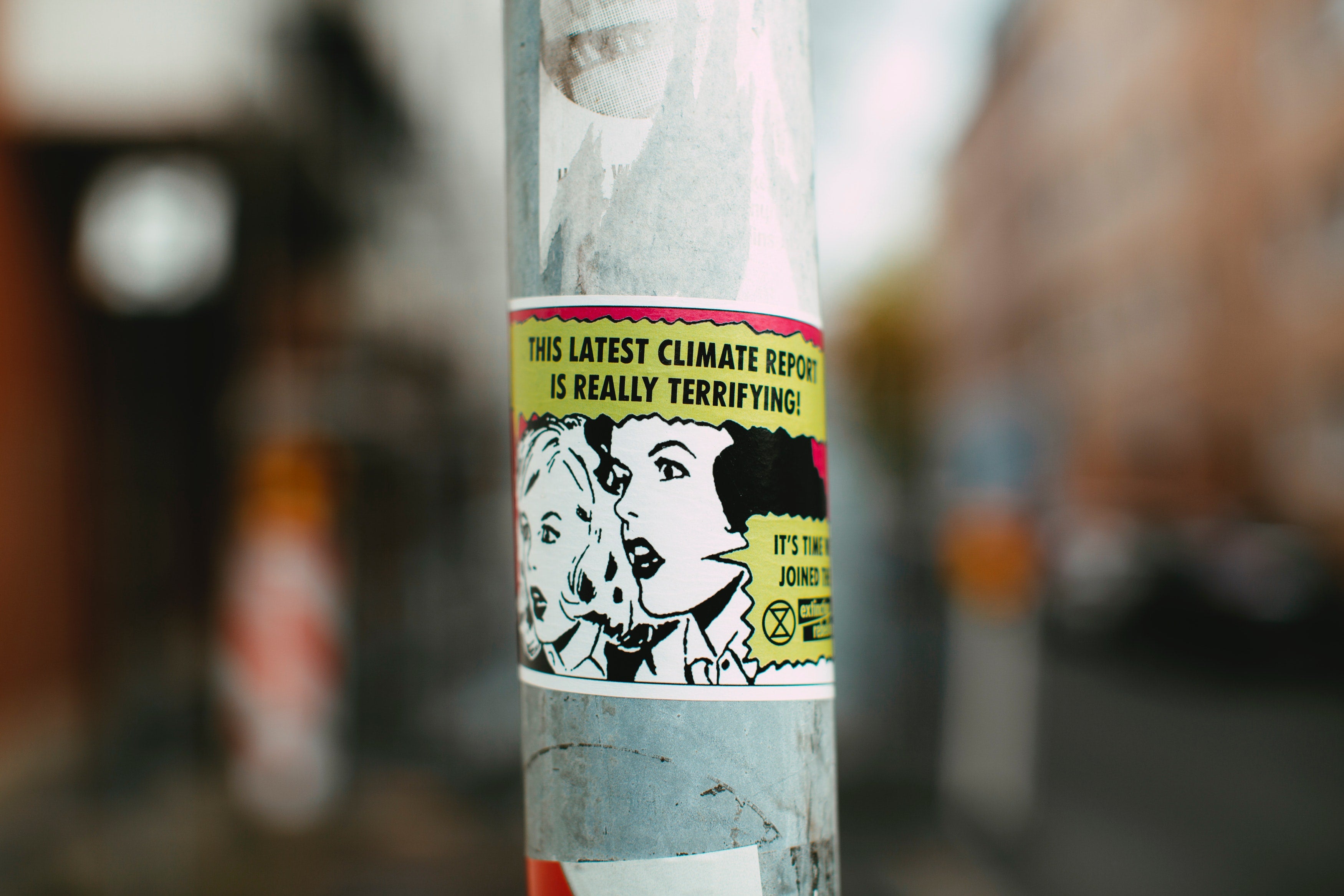What’s a better phrase to use when talking about the state of the world: “climate change” or “global warming”? While this might seem like a simple question, the answer is pretty darn complex.
For more insights and tips about addressing the climate crisis
SUBSCRIBE to the one5c newsletter here
The short answer: Both—and neither. For a handful of reasons, these popular terms don’t exactly hit the mark on what, precisely, is happening on our planet right now. Here’s why these two seemingly synonymous phrases don’t quite get the job done—and some new (and more accurate) vocabulary.
The difference between climate change and global warming
Climate change refers to any shift in the planet’s climate that’s ever happened, be it changes in temperature like warming or cooling, or changes in humidity. Anything from the Ice Age 12,000 years ago to today falls under the category.
Remember, climate is distinct from weather. A typically temperate city randomly heating up to 100 degrees in September doesn’t equate to climate change. But if that pattern consistently appears over 30-year time periods—the way it has in some regions over the past few decades—that’s when we can say that the climate is changing.
Global warming refers to a period in which the average global temperature goes up. The term applies only to temperature, not changes in precipitation and sea level—both of which scientists say are likely to have a greater impact on humans than higher temperatures.
Which term is better?
Do both of those terms accurately describe what’s happening right now? Yes. Are they the best way to talk about how humanity has completely screwed up the planet? Nope.
Both phrases lack the same two characteristics, the ones that underscore why we’re talking about this in the first place: agency and urgency. Agency because this is not some passive act; humans have caused the current period of warming, and it’s important to use casual conversation to remind ourselves and others of that. Urgency because the rate at which the planet is heating up is unusually rapid; its effects have created a legitimate, universal, and global threat.
The climate has always changed, including periods of warming such as the Mid-Holocene Warm Period that occurred between 9,500 to 5,000 years ago. Over the past five millennia, the global temperature rose between 4 to 7 degrees Celsius. However, in the past century, it’s gone up by 0.7 degrees Celsius, which is around 10 times faster than in the past. Put plainly: The planet is “heating,” not just “warming.”
Trends in usage show that folks are catching on. A 2019 Guardian article was among the first to suggest replacing “climate change” and “global warming” with more urgent terms. Lexicographers at the Oxford English Dictionary and media scholars at the University of Colorado Boulder have logged upticks in terms like “climate crisis” and “global heating,” while the incidence of “climate change” has slowed. Their research shows that “climate change” is still more popular than “global warming” in general use. “Climate breakdown” has also seen a rise in use, after United Nations Secretary-General Antonio Guterres used it in a speech last year.
So, what should you say?
Say what you mean, and what we mean to say is that this is not normal. The climate is not simply changing. It’s been disrupted (“climate disruption”). It’s in crisis (“climate crisis”). To an increasing degree, it’s an emergency (“climate emergency”). Similarly, the globe is not “warming;” it’s “heating.”
Correction 5/21/24: An earlier version of this story incorrectly rounded the rate of past global temperature rise. The current rate of increase is 0.7 degrees Celsius per century, not “almost 1 degree.” To be clear, 0.7 degrees of heating in a century is still very, very fast.
Additional reporting by Shreya Agrawal

